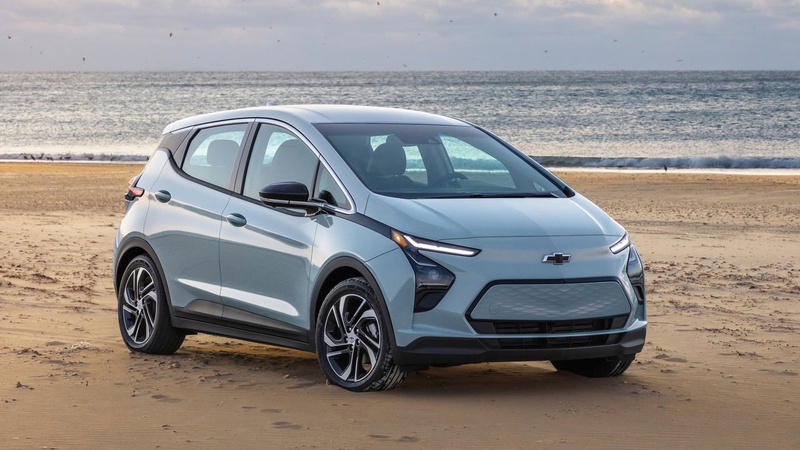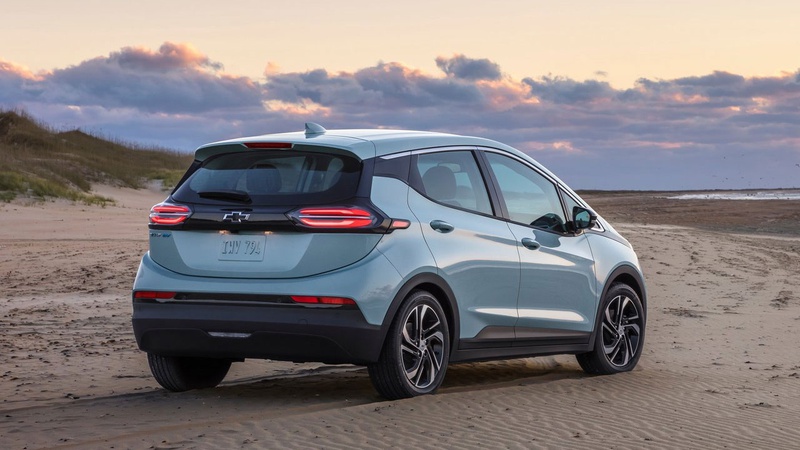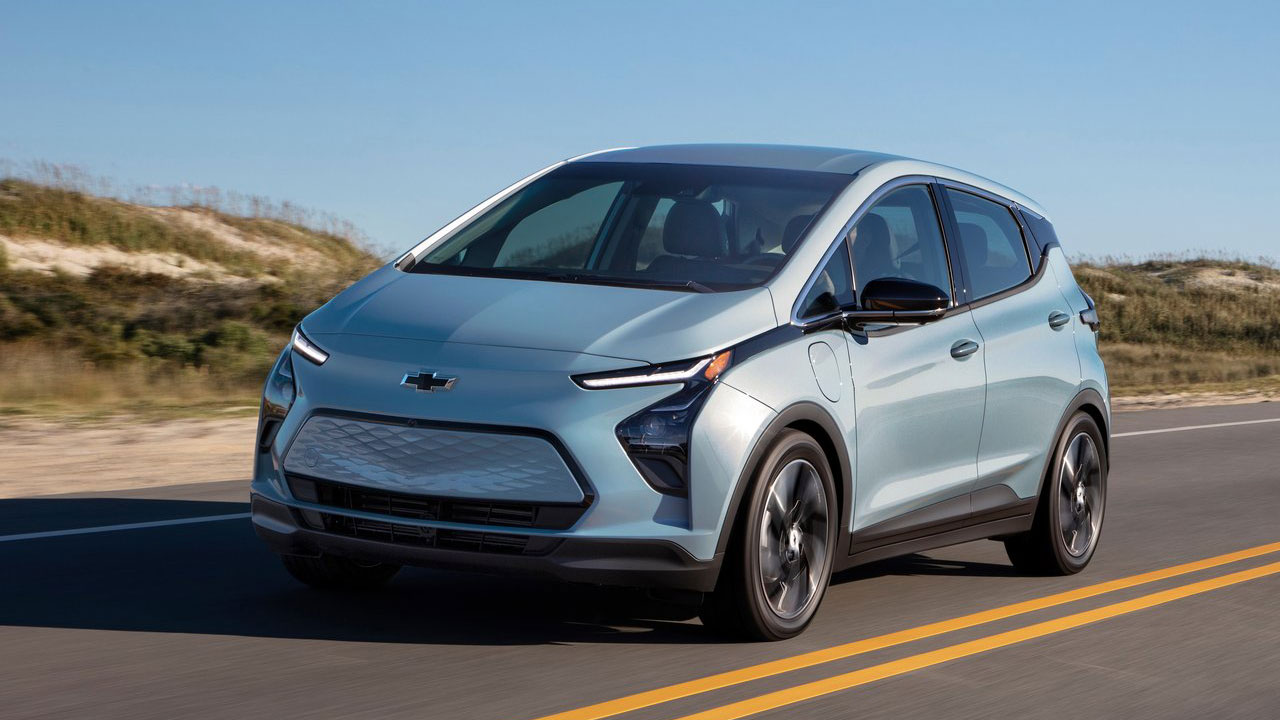In the United States, Chevrolet sold 11,029 units of the Bolt in 2022, down 50% from 2021, at least in part due to the introduction of the larger Bolt EUV. While the Bolt isn't a volume model (the Camaro outsold it), Barra argues that the people who buy one love it. This suggests that the next-generation model will remain positioned as a relatively affordable entry-level EV.
No technical specifications have been released. All we know is that the next-generation Bolt will remain electric, of course. While the current car uses older technology, its replacement will be designed around the Ultium technology that powers the newer battery-powered models in General Motors' portfolio. Barra previously revealed that the battery pack will use lithium-iron-phosphate cells, and that the model will be built "at a lower cost and on a faster timeline."


2022 Chevrolet Bolt
For perspective, the 2023 Bolt starts at $27,495, including a $995 destination charge. It's one of the cheapest EVs on the U.S. market. Building the replacement "at a lower cost" doesn't necessarily mean it'll cost less to buy; General Motors may just want to increase its profit margins.
Where the next-generation Bolt will be built remains unclear. Chevrolet manufactures the current model at the Orion Assembly Plant in the Detroit area, but that plant will soon be retooled to build electric trucks like the Silverado EV and GMC Sierra EV.
More details about the second-generation Chevrolet Bolt should be revealed in the coming months. Interestingly, the Bolt EUV will also be retired at the end of 2023, meaning it will only have been available for two model years. Time will tell if it will get a successor or if the lineup will be streamlined to a single model.
Source: Automotive News

